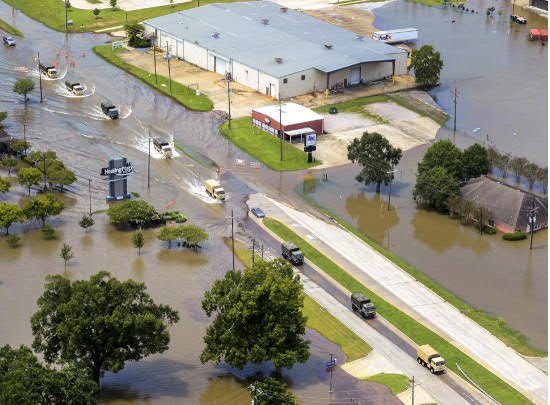
According to Scientists for Global Responsibility in 2022, the world’s military are responsible for about 5.5% of global greenhouse gas emissions. They also point out that there is a lack of reporting and significant data gaps within military organizations worldwide.
The US military is finally starting to own up to being a big polluter, as seen in its 2024 budget that aims to make significant changes to reduce emissions. What’s surprising, though, is that some US House Republicans wanted to stall the military decarbonization progress. Good ole oil boys wanted to limit military use of electric vehicles.
One of the sponsors of the amendment argued that the military shouldn’t be messing around with untested technology. They believed that forcing soldiers to use electric vehicles would put their combat readiness and training at risk. They also pointed out that the air conditioning in these EV units is useless in the desert heat, which could be a health hazard for the personnel.

Not listening to Republicans the US Military just dropped their Climate Strategy which includes cutting emissions in half by 2030, switching all noncombat vehicles to electric by 2035, creating electric combat vehicles by 2050, and teaching officers how to handle a crazier, hotter world.
The Department Of Defense (DOD) recognizes that its tactical units waste way too much energy, and their new Climate Strategy is pushing ahead to reduce emissions. The DOD plans to field an all-electric light-duty non-tactical vehicle fleet by 2027 as well as an all-electric non-tactical vehicle fleet by 2035.
Electric vehicles (EVs) provide tactical benefits due to their reduced heat and noise emissions, making them less detectable by enemy forces. This increased stealthiness enhances the safety of the teams driving them and allows for a higher mission success rate.

Battery-powered tactical vehicles, like all electric vehicles, will require charging, which could be challenging during wartime. Technological advancements will be necessary to overcome this drawback.
Researchers are urging the UN Framework Convention on Climate Change to include military emissions in their carbon accounting, as the current omission of these emissions is a major oversight that could result in hundreds of millions of tons of unaccounted carbon emissions.
Reference- National Geographic, Reuters, The Washington Post, Clean Technica, Military Times






